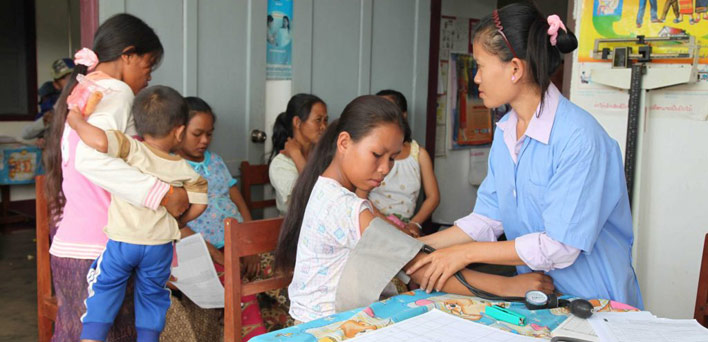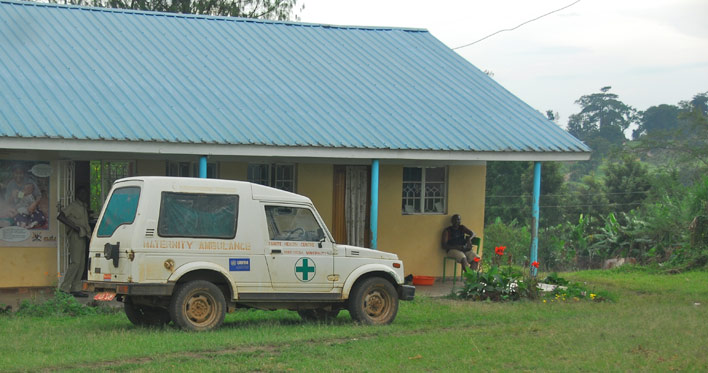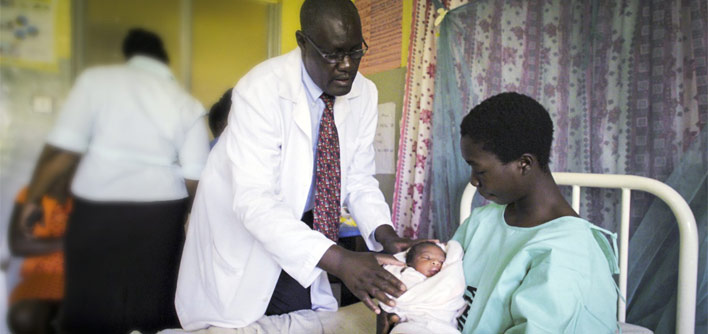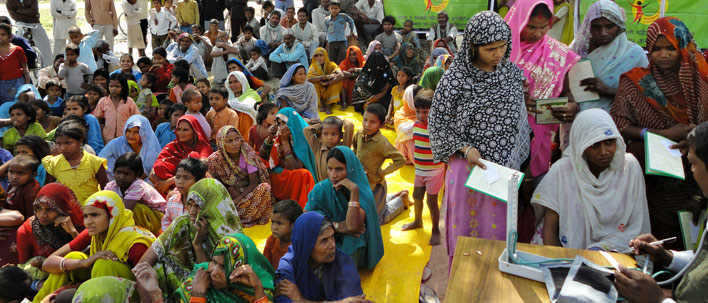
Global Health
The World Health Organization defines health as a state of complete physical, mental, and social well-being and not merely the absence of disease or infirmity. As such, global health is influenced by many factors and has taken on an increased sense of urgency in the face of our shrinking planet and the impacts of global warming.

How Income Influences Our Health and Lives
Our income level is a significant determinant of our health and wellbeing. People who have lower incomes tend to live shorter lives than the comparative fewer who don’t. They are also vulnerable to a host of risks and dangers because of their tenuous day-to-day subsistence.

Your ZIP Code May Be Hazardous to Your Health
How long you live may be determined by your zip code at birth …and a number of other social determinants.

Defense against Infectious Diseases
At least 21 million extra lives were saved due to the accelerated progress resulting from the efforts of the Millennium Development Goals between 2000 and 2015 in child mortality and malaria, maternal mortality, HIV/AIDS and tuberculosis.

Maternal and Child Health
About 830 women die from pregnancy or childbirth related complications around the world every day. Of the 130 million babies born worldwide each year, about 2.7 million do not survive the first four weeks of life. The simple act of better birth spacing by expanding availability of contraception can reduce maternal mortality by 30% and child mortality by 20%.

Current and Future Challenges
While countries have managed to decrease deaths from infectious diseases such as malaria and tuberculosis, non-communicable diseases (NCDs) such as heart disease, stroke, mental illness and injuries are on the rise.

Healthy Pleasures
Robert Ornstein and David Sobel
Imagine a medical treatment that can help lower your blood pressure, decrease your risk for heart disease and cancer, boost your immune function and block pain. It’s safe, inexpensive and readily available. The main side effects include feeling good, an increased sense of well-being and greater self-confidence. Would you take it?

Beyond the Hole in the Wall
Discover the Power of Self-Organized Learning
Sugata Mitra
Sugata Mitra’s now famous experiments have shone light on the immense capacities that children have for learning in self-composed and self-regulated groups.

Improbable Scholars
The Rebirth of a Great American School System and a Strategy for America’s Schools
David L. Kirp
How do we determine if our schools are preparing students for a meaningful future in our society and improve the schools that are not living up to those standards? Explores the current crisis in American education and four districts that have made positive changes.

One World Schoolhouse
Education Reimagined
Salman Kahn
There may be a young girl in an African village with the potential to find a cancer cure. A fisherman’s son in New Guinea might have incredible insight into the health of the oceans. By combining the enlightened use of technology with the best teaching practices, we can foster students who are capable of self-directed learning, deep understanding of fundamentals, and creative approaches to real-world problems.
